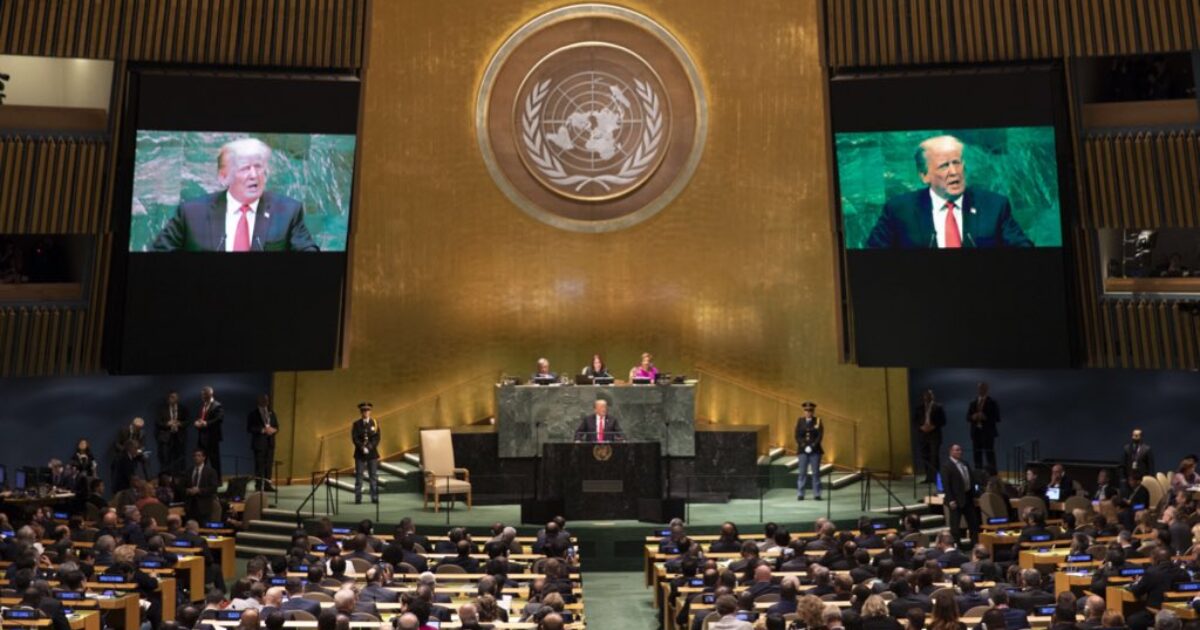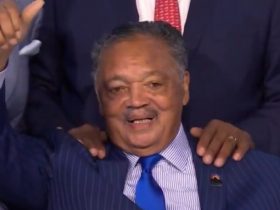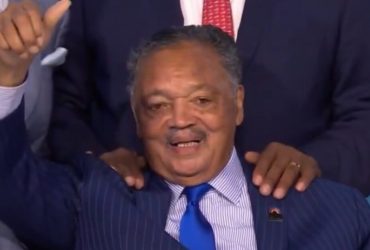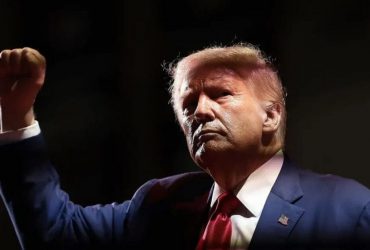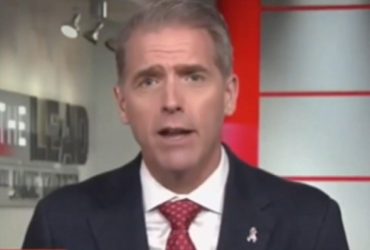President Trump addressing the United Nations General Assembly. Photo courtesy of the U.S. Embassy in Haiti.
The United States was criticized when it cut funding to the UN Relief and Works Agency for Palestine Refugees in the Near East (UNRWA) after the agency was found to have ties to Hamas. President Trump faced similar backlash when he slashed funding to USAID programs that promoted anti-American sentiment.
At the core of Trump’s foreign policy is a simple, logical question: Why should American taxpayers be forced to fund initiatives in countries where the U.S. has little or no interest? Why continue paying for programs that don’t work, or worse, that actively oppose U.S. values and interests? These principles drive Trump’s longstanding criticism of the United Nations, its aid agencies, and its Human Rights Council.
The UN Security Council has repeatedly failed to end major conflicts in Gaza, Ukraine, Myanmar, Sudan, and other war-torn regions. Its mission to maintain global peace has been paralyzed by the veto power of permanent members, most notably Russia, which blocks action on Ukraine, and China, which vetoes resolutions on the genocide in Xinjiang and intervention in Myanmar.
These same powers would likely obstruct any response to a Taiwan invasion or South China Sea dispute, conflicts in which China would be the aggressor. Given that Taiwan and Ukraine are among the most likely flashpoints for a third world war, the Council’s failure to prevent a global conflict is already a foregone conclusion.
Further undermining credibility, serial violators who pose national security threats to the U.S. have served as members or even chaired the UN Human Rights Council. Countries with long histories of human rights abuses, including Pakistan, Cuba, Saudi Arabia, China, Indonesia, and Russia, have all held seats. Past members also include Egypt, Eritrea, Libya, Mauritania, Nigeria, Qatar, and Venezuela.
In 2020, China was appointed to the UN Human Rights Council’s Consultative Group, a five-member panel responsible for selecting top officials, including the expert on women’s rights. The appointment was widely condemned as absurd, given China’s record of severe human rights abuses: the mass detention of over one million Uyghurs in “re-education” camps, cultural and religious repression in Tibet, the dismantling of Hong Kong’s autonomy through the National Security Law, and the imprisonment of journalists and regime critics.
China’s presence on the Human Rights Council is farcical. For the U.S. to fund any institution where China holds influence defies reason. China remains the foremost threat to U.S. national security, from its risk of war over Taiwan to relentless cyberattacks and propaganda campaigns.
Iran’s role in the Council is equally ludicrous. In 2023, just after executing two people for criticizing religion on social media, Iran was appointed to chair the annual Social Forum, ironically themed that year around technology and the promotion of human rights.
Iran’s record includes arbitrary arrests and imprisonment of activists, journalists, and dissidents; widespread torture; one of the world’s highest execution rates, including public hangings and mass executions; persecution of minorities; harsh internet censorship; and cruel punishments such as flogging. Beyond its domestic abuses, Iran threatens the U.S. through its nuclear weapons program and its support for proxy terrorist groups across the Middle East, including the Houthis, Hezbollah, and Hamas.
Saudi Arabia’s role is no less absurd. In September 2015, Faisal bin Hassan Trad, Saudi Arabia’s ambassador to the UN in Geneva, was appointed Chair of the UNHRC Advisory Committee, the panel responsible for selecting independent experts on global human rights issues.
This appointment contradicts the kingdom’s own egregious abuses. Between March 2022 and June 2023, Saudi border guards reportedly killed hundreds of Ethiopian migrants and asylum seekers at the Yemen-Saudi border, acts that may constitute crimes against humanity. In another case, teacher Muhammad al-Ghamdi was sentenced to death for tweets and YouTube posts, while his brother Asaad received a lengthy prison sentence for peaceful online expression.
Saudi Arabia and China have repeatedly used their seats on the Council to shield themselves and their allies from scrutiny. These authoritarian regimes block investigations, deflect criticism, and undermine the Council’s credibility. Cuba has done the same. During its past terms, Havana actively protected abusive regimes like Nicolás Maduro’s in Venezuela.
These efforts were disturbingly effective. In 2015, the Council welcomed Maduro with open arms, allowing him to deliver a 40-minute propaganda speech, greeted by a standing ovation.
The UN Human Rights Council’s selective focus grants impunity to some of the world’s worst regimes. It has adopted no resolutions condemning gross abuses in Algeria, China, Cuba, Egypt, Gaza, Iraq, Pakistan, Turkey, or Zimbabwe. Meanwhile, it disproportionately targets democratic states like Israel with repeated resolutions.
In 2019, 22 countries, including the UK, France, Germany, and Japan, signed a joint letter condemning China’s mass detention of Uyghurs in Xinjiang. In response, 37 countries, including North Korea, Syria, Venezuela, and Myanmar, regimes known for their own systemic abuses, submitted a counter-letter defending China’s actions.
President Trump’s description of the Council as “hypocritical” is well supported by the company it keeps. As Louis Charbonneau, UN director at Human Rights Watch, stated:
“Serial rights abusers should not be rewarded with seats on the Human Rights Council. China and Saudi Arabia have not only committed massive rights violations at home, but they have tried to undermine the international human rights system they’re demanding to be a part of.”
The post Trump Refuses to Fund Anti-American or Failed Globalist Programs appeared first on The Gateway Pundit.

